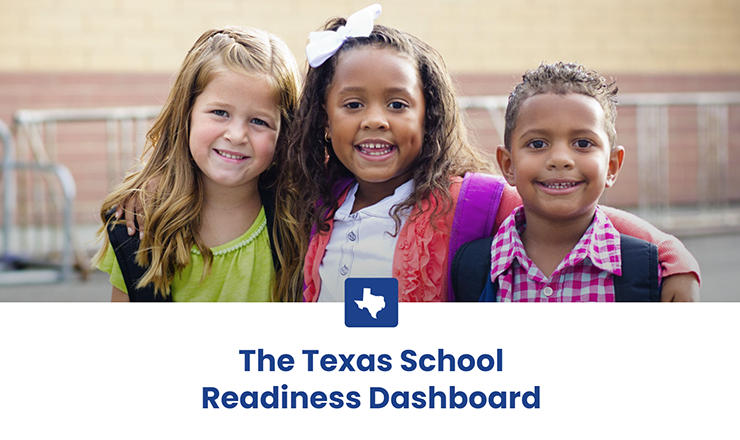House Bill (H.B.) 619, passed in 2021 during the 87th Legislature of Texas, directs the Texas Workforce Commission (TWC) to prepare a child care workforce strategic plan to improve the quality of the infant, toddler, preschool, and school-age child care workforce in Texas. TWC contracted with the Lyndon B. Johnson School of Public Affairs at The University of Texas at Austin and Dr. Cynthia Osborne and the Prenatal-to-3 Policy Impact Center at Vanderbilt University to develop the recommendations that would inform the strategic plan.
The Workgroup recommended that the Texas legislature increase funding for child care to stabilize the market and ensure access to high-quality care, including through:
- Providing retention bonuses to educators
- Increasing subsidy reimbursement rates to reflect the true cost of care
- Expanding the number of subsidized slots provided
The workgroup also provides a series of recommendations for state and local government entities and educational institutions to raise workforce quality and support the child care sector. And the report outlines how other states are funding their improvements to early childhood education.
To develop a set of recommendations, the Prenatal-to-3 Policy Impact Center (1) conducted a landscape scan of best practices in Texas and other states, (2) convened a group of 27 Texas child care experts who formed the 2022 Texas Child Care Strategic Plan Workgroup (Workgroup) and (3) designed and administered the 2022 Texas Child Care Director Survey (Texas Director Survey), which surveyed child care directors about the characteristics and compensation of the early childhood educators at their child care program. The Workgroup used their experience and expertise along with the Texas Director Survey findings to create recommendations in this plan.
Download the full report (PDF)
Download regional estimates for true cost of care reimbursement rates (PDF)



